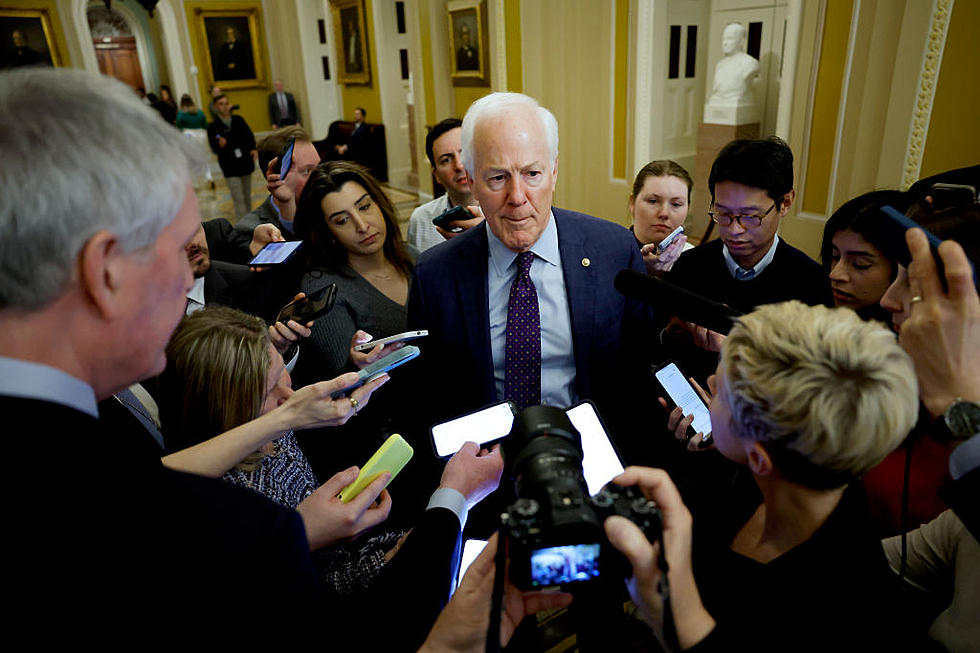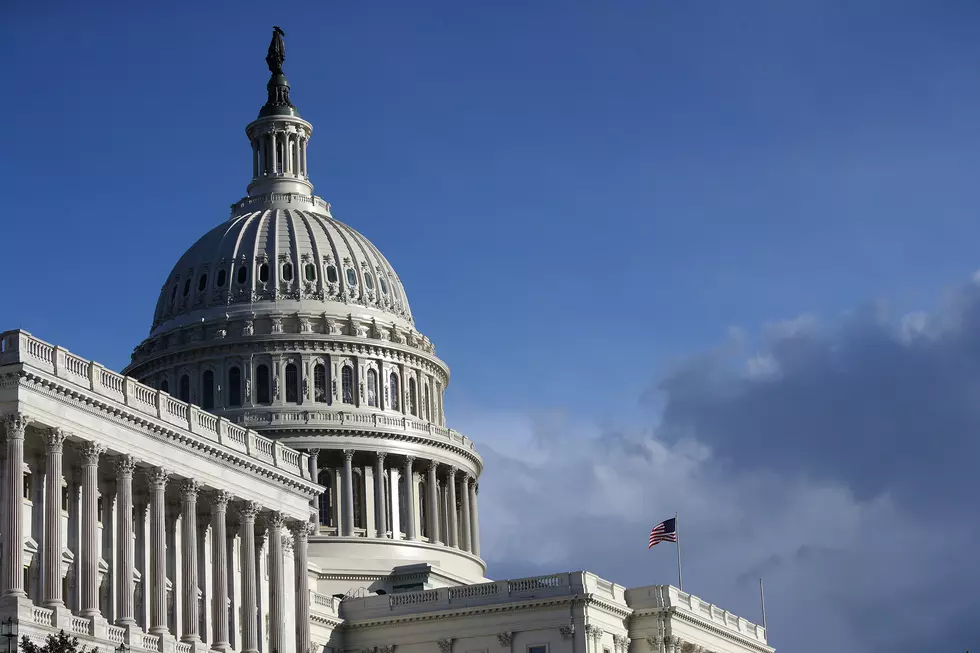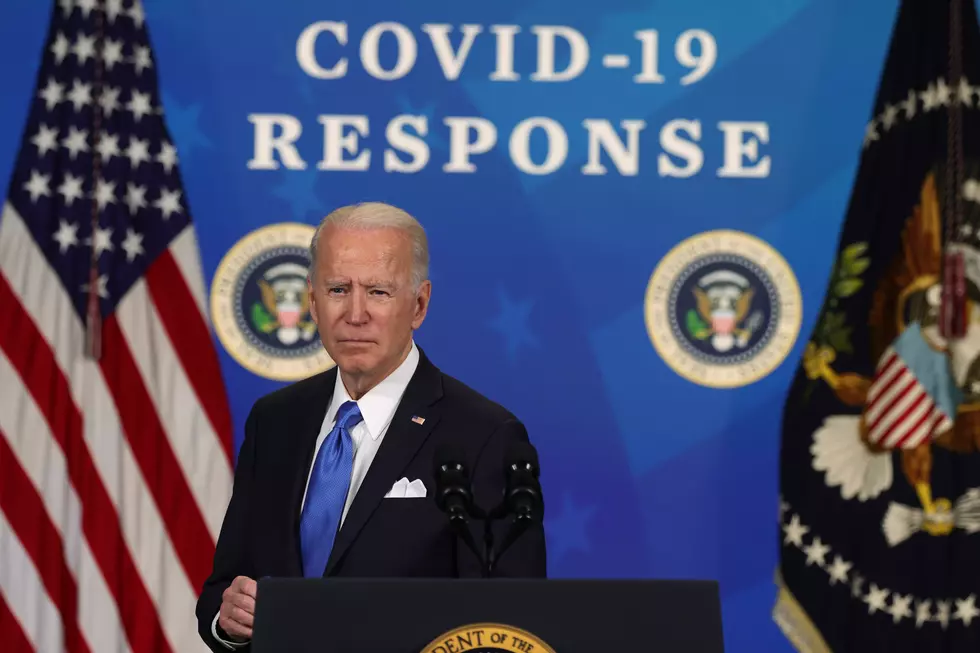
Chad’s Morning Brief: John Cornyn Says He Has Evolved, Texas Lawmakers Will Have $113 Billion, and Other Top Stories
Here is your Morning Brief for January 13, 2015.
Cornyn: "We Learned the Hard Way"
Roll Call wrote a piece yesterday on how Senator John Cornyn and other top Republicans will govern in the majority.
At the start of the last Congress, John Cornyn wrote an editorial titled “Partial Government Shutdown May Be Needed to Restore Fiscal Sanity.” He’s singing a different tune today.
“I’ve evolved,” the Texas Republican and newly minted Senate majority whip said in an interview last week with CQ Roll Call.
For starters, the memory of the 2013 shutdown over Obamacare instigated by his fellow Texas senator, Ted Cruz, remains fresh.
“Part of wisdom is to learn from your experiences, and I think we learned the hard way that shutdowns are not well received by the American people,” Cornyn said. “And honestly we’re in a different position now because we’re in the majority so we have the responsibility to govern.”
To that end, Cornyn, like Majority Leader Mitch McConnell of Kentucky, is focused on showing the Republicans can bank some accomplishments early.
“I think it’s important that we demonstrate that we can be productive before we have the inevitable fight over repealing Obamacare,” Cornyn said.
He said his colleagues should also heed the advice of recently retired Sen. Tom Coburn, R-Okla.: Don’t surprise the leadership with disagreements.
“We all understand we’ve got different perspectives and different opinions. But, if people know about it ahead of time, then they can adjust — at least prepare themselves,” he said. “People are entitled … they got independently elected by the voters, and they have every right to their point of view and their vote up here.”
Cornyn’s already looking ahead to the burden of raising the debt ceiling — always a politically toxic vote, but one that typically rests with the majority party.
Cornyn and Republican leaders intend to see that it gets done with a minimum of drama, but maybe with a bit more robust debate.
He has asked Finance Committee staff about the history of debt limit increases coming through the panel, and the record is mixed.
“I just wonder if maybe that isn’t the better way to do this,” Cornyn said of taking the debt limit bill through committee. “If there’s anything I think we would benefit from and I think the public would benefit from, it’s more transparency. Because when you don’t have that kind of transparency … it really just encourages cynicism and suspicion about what’s happening up here.”
Cornyn said he has a good relationship with Cruz and their disagreements have more to do with tactics than substance. Cruz echoed the sentiment.
“John and I have a very good working relationship,” Cruz said. “We both represent 26 million Texans and we have been and will continue to work closely together.”
The tactical differences, however, will likely be on full display leading up to the Feb. 27 deadline for passing a bill funding the Department of Homeland Security.
Republicans, who hold 54 seats in the Senate, are caught between the need for 60 votes to overcome a filibuster and pass a DHS funding bill and their push to keep their promise to try to block the president’s executive action giving deportation relief and work permits to about 5 million people here illegally.
And even if they send defunding language to the president, the White House has said Obama would veto such a bill. “I think there’s some risk, even to him, of basically defunding the Department of Homeland Security …” Cornyn said. “It includes the Secret Service, Coast Guard, not to mention border patrol and others. I think there’s more risk to that to him personally than he perhaps appreciates.”
But Cornyn said it’s not clear yet what might pass the Senate.
“Even if just an appropriation bill comes over here from the House, there’s no telling what might be offered on that appropriation bill, including the border security bill, including an E-Verify provision, including … who knows what,” Cornyn said. “Sixty votes is the magic number.”
Cornyn was touting a border-security measure crafted by a fellow Texan, House Homeland Security Chairman Michael McCaul, which he hopes the House will consider.
The potential for a freewheeling debate on immigration underscores the challenge Senate GOP leaders will have fulfilling their promise to have a more open amendment process, something they spent a lot of time criticizing the Democratic-run Senate for avoiding.
Cornyn said Republicans would use a variety of methods to handle unwanted amendments.
“You could agree on a side-by-side that will allow them their political vote and give us our vote and both of them, given a 60 vote threshold, will likely fail, and then move on,” Cornyn said.
“We need to provide our members … a vote on something that they want to go to their constituents and brag about rather than just purely playing defense,” he added.
There also will be votes to table unwanted amendments.
But, he indicated that sometimes, unwanted amendments might be accepted just to get a bill to conference.
“I still remember the days back when [the late Alaska Republican] Ted Stevens was the bill manager on a piece of legislation … people would come out of the woodwork with different amendments and he’d say, ‘Well, senator, we’ll take that amendment,’” Cornyn said. “You knew what was going to happen next, and sure enough, it was nowhere to be seen after it came out of conference committee.”
I'm looking forward to seeing just how Cornyn and other GOP leaders lead while in the majority. Will Republicans stand up to Obama, or will they want to just get along. I don't have a problem with much of what Cornyn said in the interview, but can we get past apologizing for the shutdown? Republicans had big wins in the midterm elections and I can't see where they were punished for the shutdown at all. Move on.
$113 Billion
According to the Texas Tribune, state lawmakers will have $113 billion to spend in it's next two year budget.
Amid concerns that tumbling oil prices could push the Texas economy into a recession, Comptroller Glenn Hegar offered a cautiously optimistic tone on the future of the Texas economy Monday, announcing that lawmakers will have $113 billion to haggle over in crafting its next two-year budget.
“Our projections are based on expectations of a moderate expansion in the Texas economy and reflect uncertainties in oil prices and the possibilities of a slowing global economy,” Hegar said.
The biennial revenue estimate sets a limit on the state’s general fund, the portion of the budget that lawmakers have the most control over. The general fund typically makes up nearly half of the state’s total budget.
Hegar predicted that Texas will take in $110.4 billion in revenue from taxes, fees and other income during the 2015-16 biennium. Hegar's $113 billion projection also includes money expected to come from leftover funds in the current biennium. With the addition of federal funds and other revenue sources, lawmakers should have a total of $220.9 billion for the 2016-17 budget.
The state’s Rainy Day Fund is also projected to grow to $11.1 billion by the end of the next biennium if lawmakers choose not to use any money in the fund.
The state will end the current biennium, which ends Aug. 31, with $7.5 billion in leftover funds, Hegar said. That surplus will be split three ways between general revenue, the Rainy Day Fund and the state highway fund.
Two years ago, Comptroller Susan Combs estimated that the Legislature would have $208 billion for its budget, including $101.4 billion in general revenue and $11.8 billion in the Rainy Day Fund. Lawmakers ultimately passed a $200 billion budget.
Lawmakers start their first legislative session in a decade with a new governor and lieutenant governor in Greg Abbott and Dan Patrick. Both Republicans have offered ambitious, potentially expensive proposals that include cutting taxes and boosting the state’s investment in transportation.
In recent weeks, financial analysts have debated the impact of plummeting oil prices on the Texas economy. The price of a barrel of West Texas crude has dropped by more than 50 percent in the last six months, to $46.17 as of Monday morning. Hegar said his estimate was based on an expectation that a taxable value of a barrel of oil will average between $65 and $75 during the next biennium. (The taxable price is typically a few dollars below the market price, an official with the comptroller’s office said.)
Oil and mineral-related revenue makes up 10 percent of the state’s total tax collections but less than 5 percent of the Texas budget, according to state records.
"This decline in oil prices and its implications for the Texas economy comes at a time when the national economy appears to be picking up steam," Hegar said. "Strength in the broader economy, such as in construction and professional and business sector services, should help counterbalance a marked slowdown in the Texas energy sector."
Special note to lawmakers, you don't have to spend all $113 billion.
Other Must Read Links:
These and many more topics coming up on today’s edition of The Chad Hasty Show. Tune in mornings 8:30-11am on News/Talk 790 KFYO, streaming online at kfyo.com, and now on your iPhone and Android device with the radioPup App. All guest interviews can be heard on our KFYO YouTube page after the show and online at kfyo.com.
More From News/Talk 95.1 & 790 KFYO









